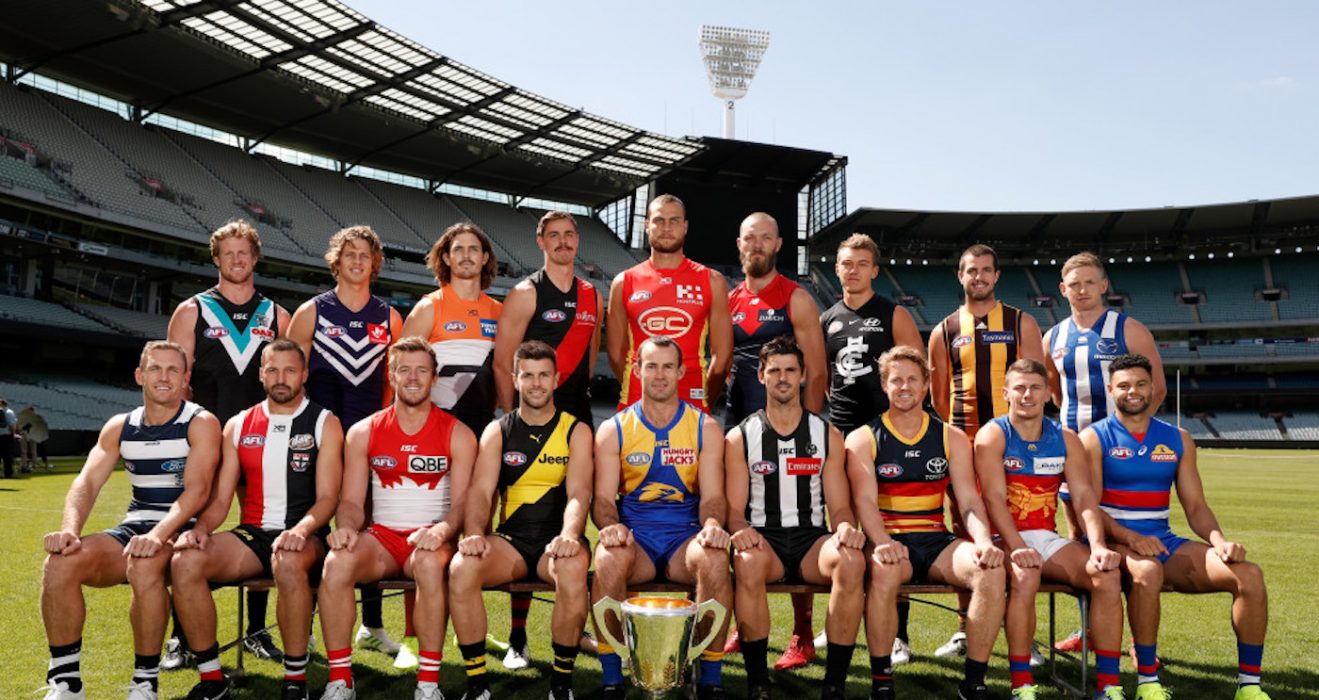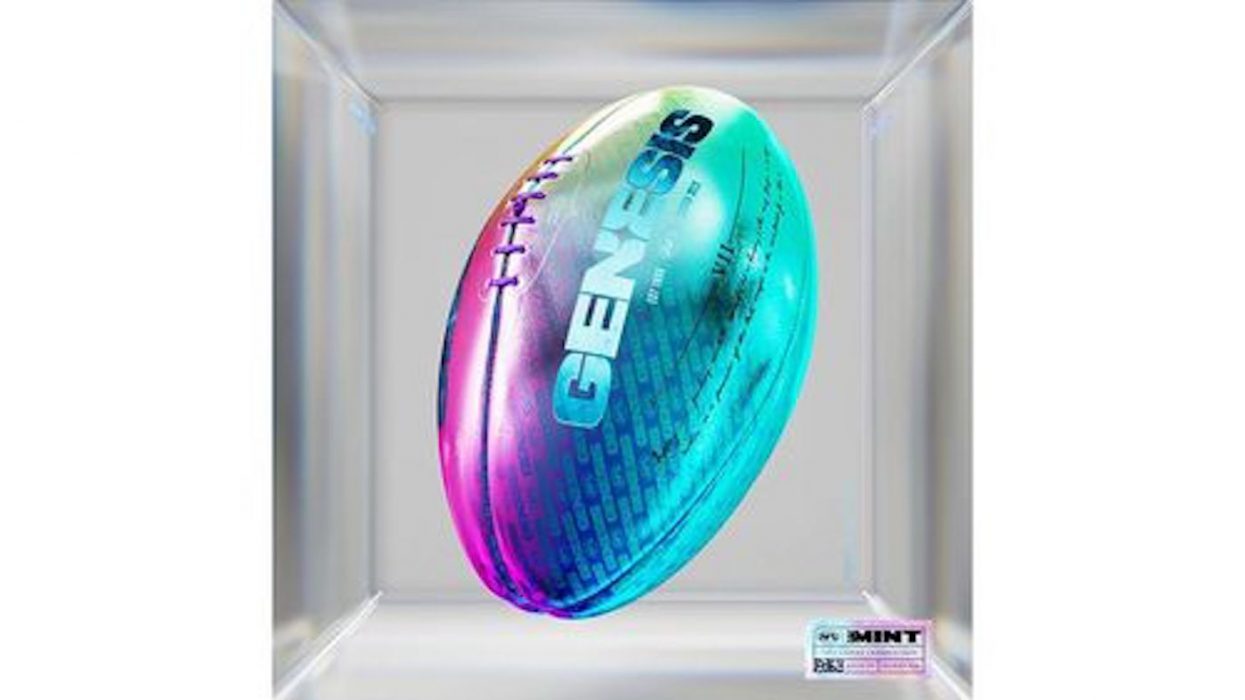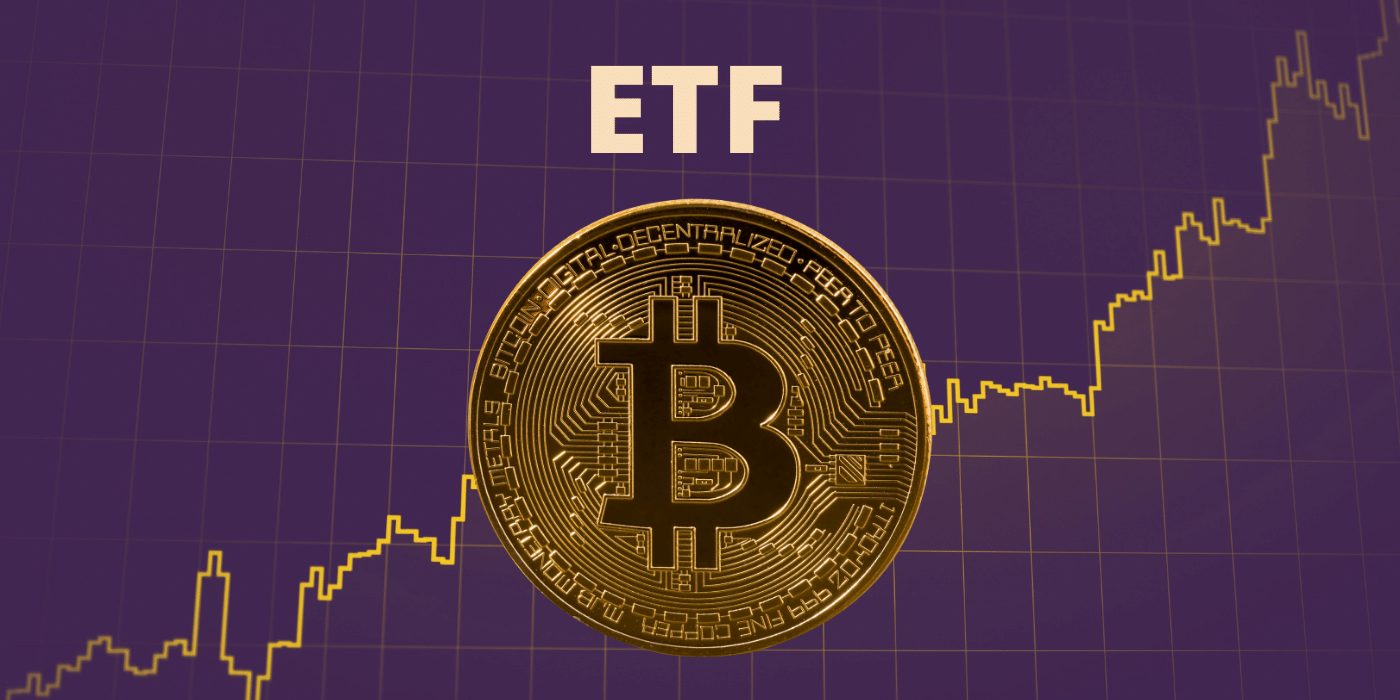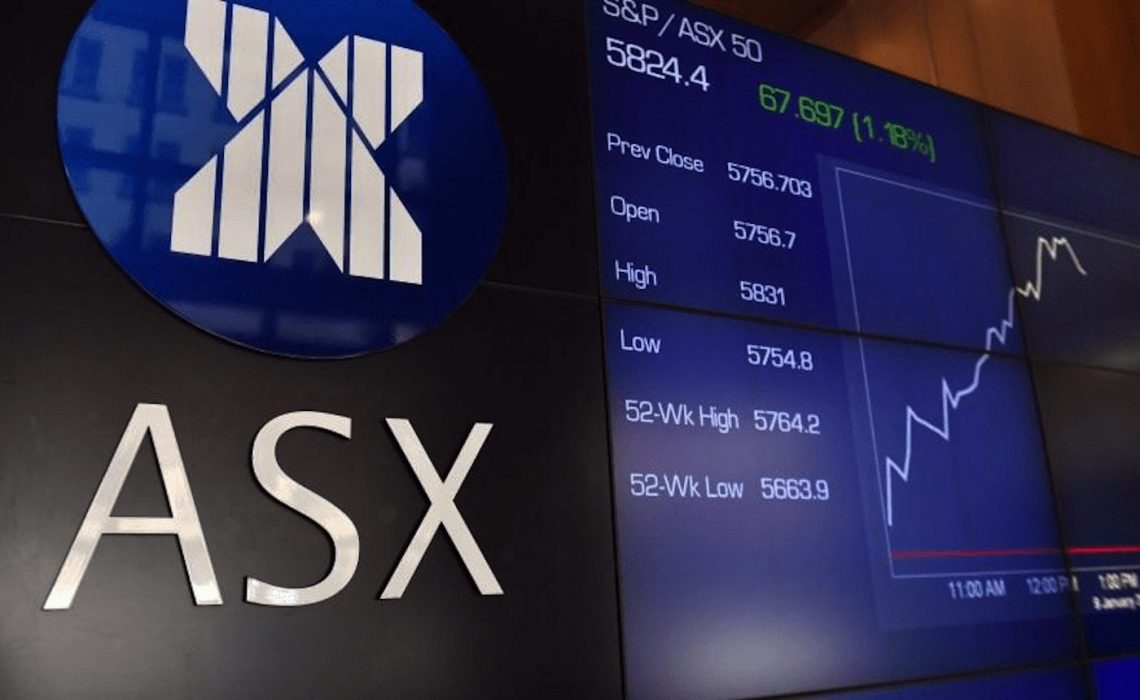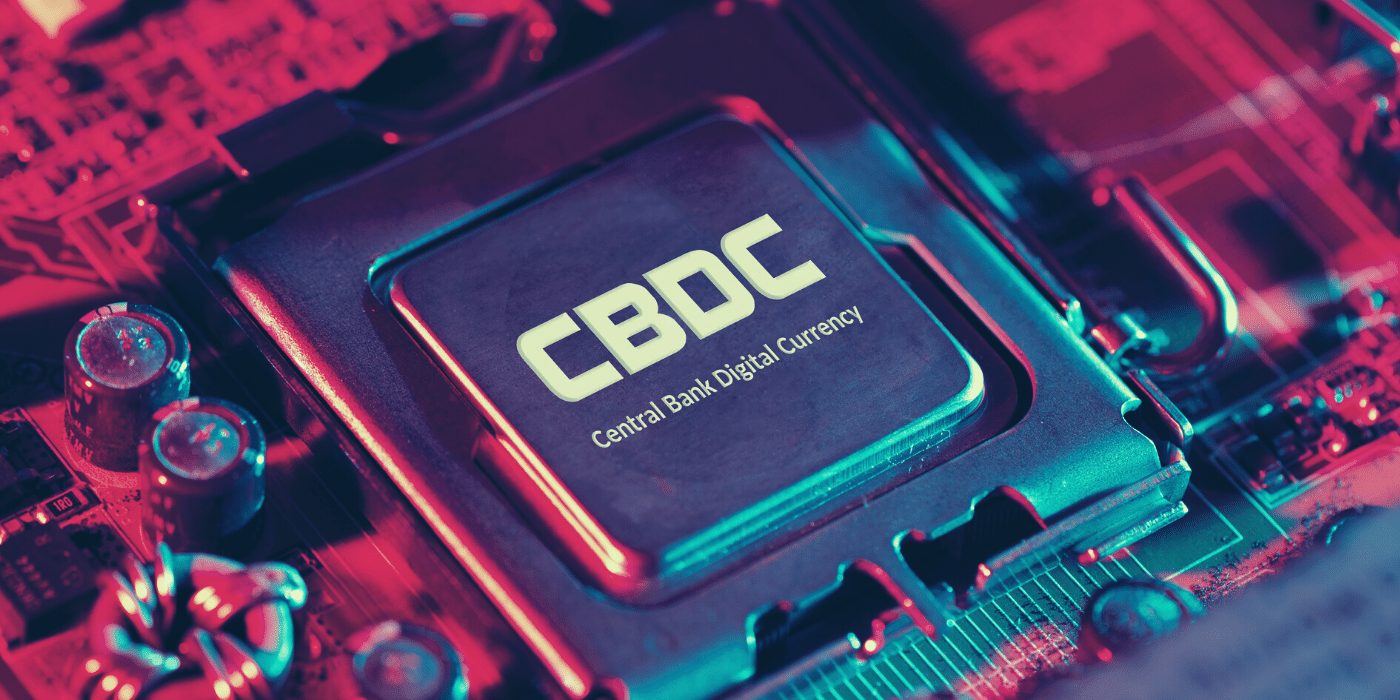The Australian government has released a statement indicating that it will begin a review as to how digital assets should be managed. This starts with a process it has termed “token mapping”:
Crypto Reform Under Way
In the statement, Treasurer Jim Chalmers highlighted that the review was designed to ensure that Australia kept in line with global best practices:
Australians are experiencing a digital revolution across all sectors of the economy, but regulation is struggling to keep pace and adapt with the crypto asset sector.
Jim Chalmers, Australian federal Treasurer
In doing so, the first item on the agenda was a so-called “token mapping” exercise aimed to establish how different digital assets and related services ought to be regulated. Apparently, this is the first of its kind, making Australia “leaders in this work”.
What Is Token Mapping?
The process of token mapping is said to entail uncovering the characteristics of all digital asset tokens, including the different types, their underlying protocols, and any other relevant technological features.
Chalmers added: “As it stands, the crypto sector is largely unregulated, and we need to do some work to get the balance right so we can embrace new and innovative technologies while safeguarding consumers.”
Noting the increased proliferation of crypto investments to the extent that related promotions are “plastered all over big sporting events”, Chalmers stressed that “we need to make sure customers engaging with crypto are adequately informed and protected”.
Prior to the token mapping exercise, government is expected to release a consultation paper with industry regarding a proposed regulatory framework.
Given the widespread belief among mainstream pundits that most cryptos amount to unregistered securities (including NFTs), the so-called token mapping exercise may yield at least one positive outcome – that it simply isn’t feasible to have different sets of rules for the traditional and crypto sectors (particularly with regards to fundraising and disclosures).
If government does the work, you’d expect it to find that Bitcoin is best reviewed as a commodity, whereas all the other cryptocurrencies are more accurately seen as companies. Most Bitcoiners aren’t, however, holding their breath:


